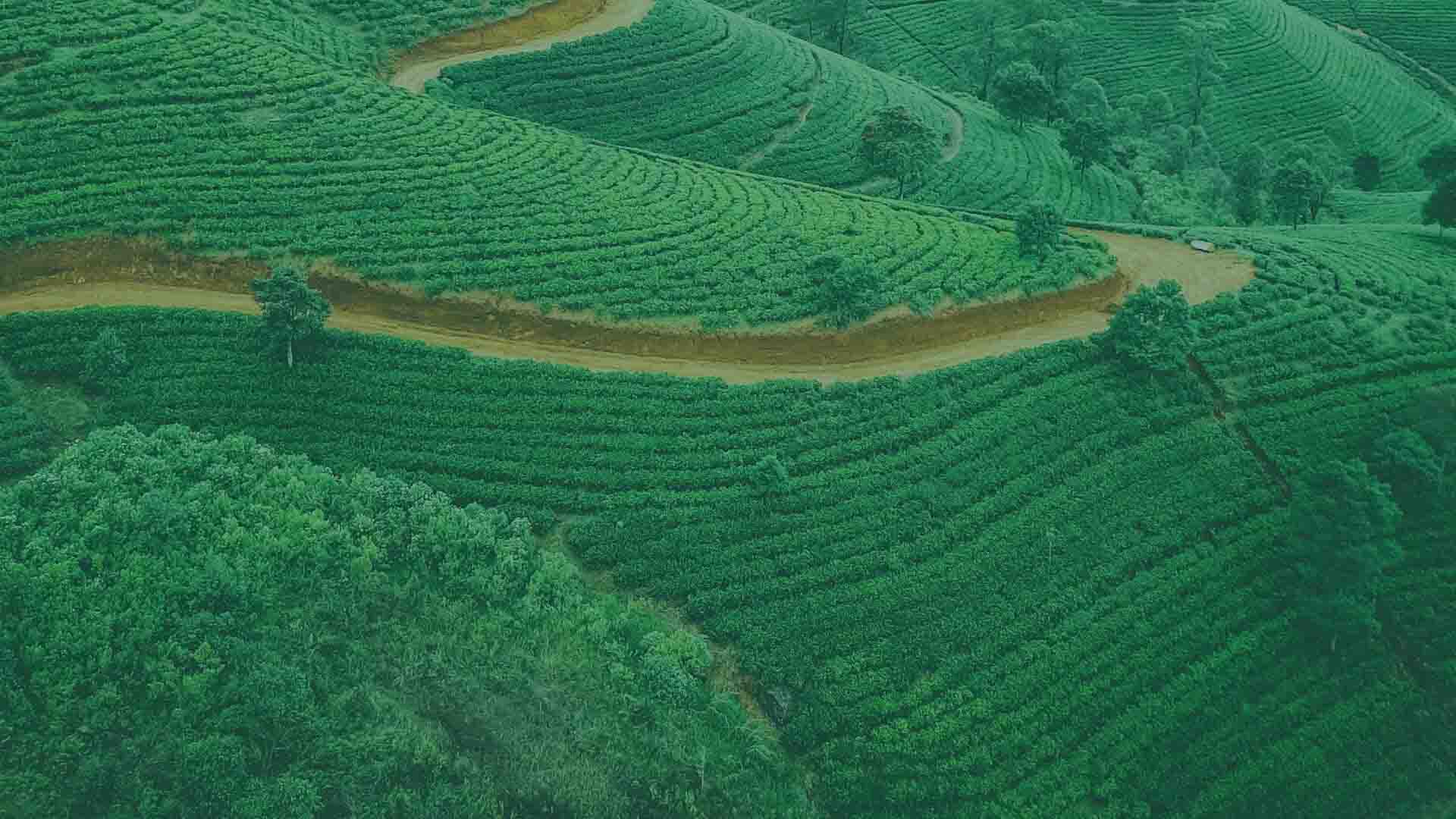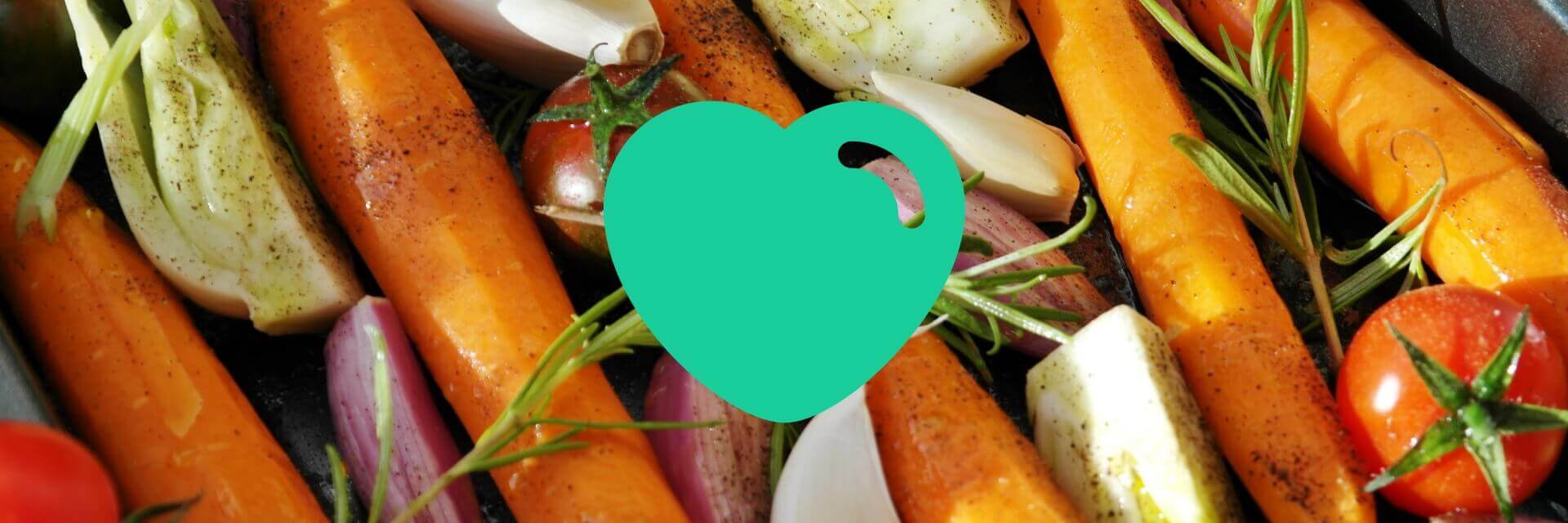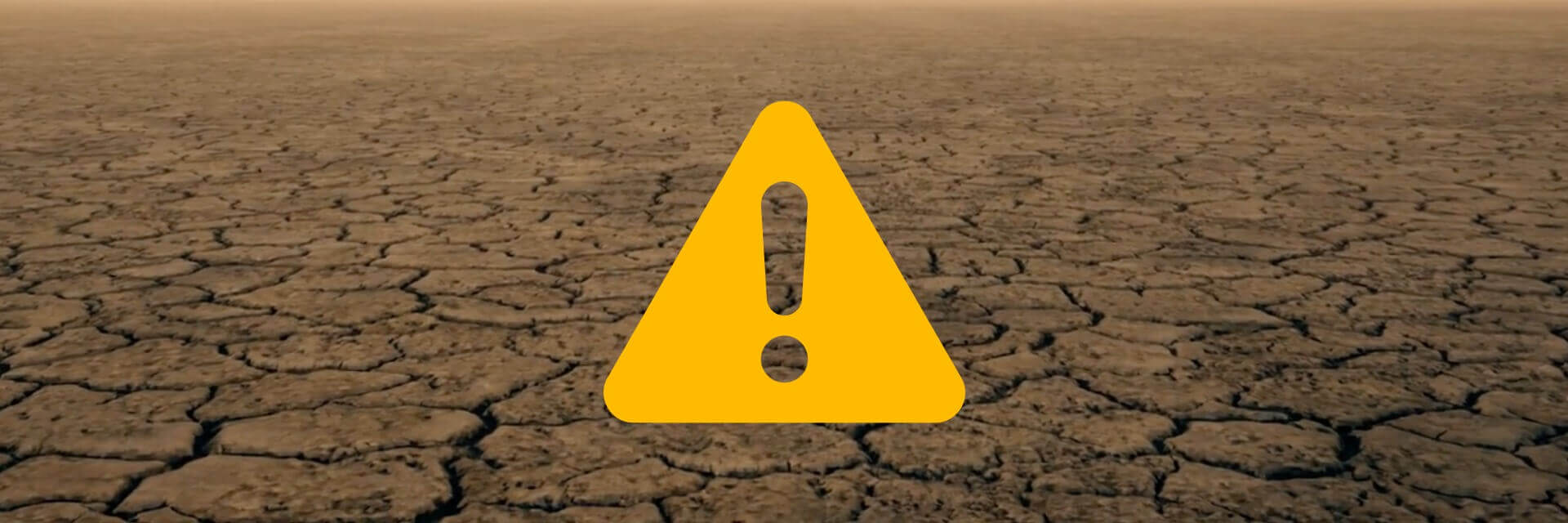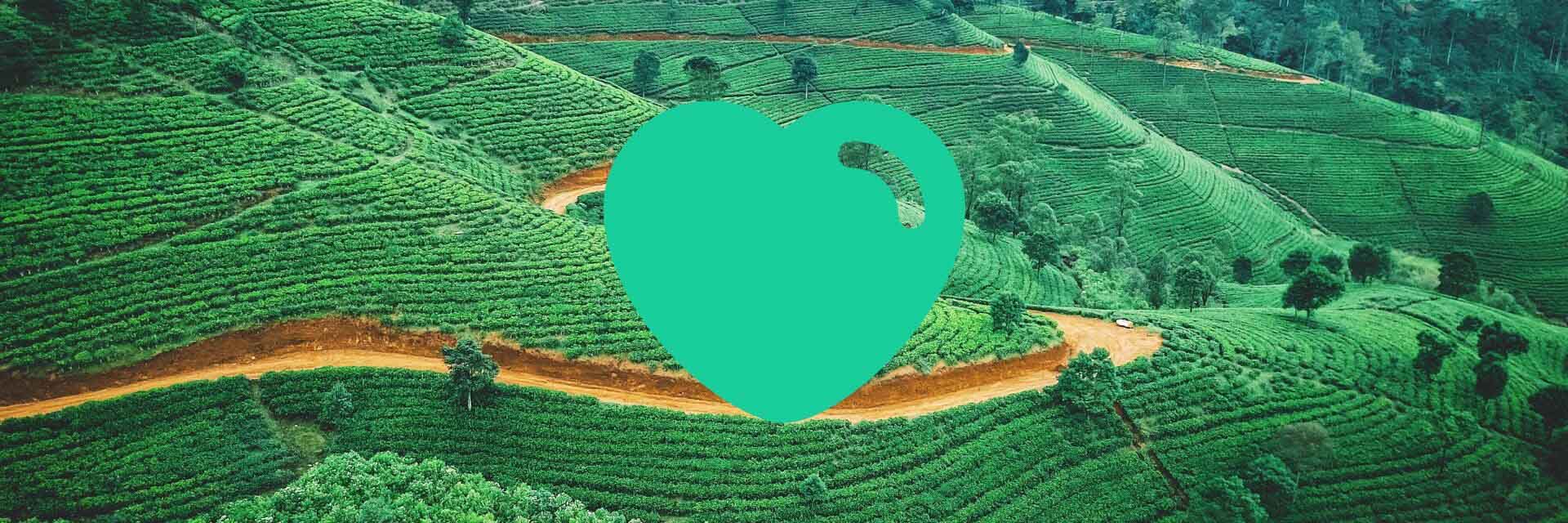November 1
November
1
,
15:00
CEST
CET
/
10:00 am
EDT
EST
1
,
2022
–
November 1
Re:Agriculture I – Food and Farming on a Healthy Planet
Re:Agriculture I

November 1
November
1
,
15:00
CEST
CET
/
10:00 am
EDT
EST
1
,
2022
–
November 1
Re:Agriculture I


We Don’t Have Time and Unilever are proud to present Re:Agriculture I, the first episode in a series of 3 about how the world can feed itself while dealing with multiple challenges from climate change and the loss of precious plant and animal life to ensuring farmers and rural communities have sustainable lives and livelihoods. The focus of this series will be regenerative agriculture as the key to systems change and the delivery mechanism for a food and farming transformation.
In this first episode we are going to introduce viewers to what regenerative agriculture is, its role in healing our soils and our lands and its potential to deliver the healthy food the world needs and while helping to meet local and global challenges across countries and continents, North and South.
Get ready to participate. Join the dialogue and ask your questions to the speakers on We Don't Have Time — the world's largest review platform for climate solutions. Download the app if you haven't done so already
All times in Central European Summer Time (CET) / Eastern Daylight Time (EDT) Find out in your local time zone here.
15:00/ 10:00 AM — Introduction
Our host Nick Nuttall, Strategic Communications Director of We Don’t Have Time & co-host Hanneke Faber, President of Unilever's Nutrition Business Group, present the Re:Agriculture series. Here, we introduce We Don’t Have Time and Unilever.
15:10 / 10:10 AM — In-depth discussion
Listen to experts discuss regenerative agriculture and its potential to deliver the healthy food the world needs.
16:00/ 11:00 AM — Summary & End Of Re:Agriculture I
Reflections and concluding remarks, and we look ahead to the next episode airing in November

Previously with the Times Newspaper London, the U.N. Environment, and the U.N. Framework Convention on Climate Change, Nick was the Director of Communications and Spokesperson for the Paris Agreement of 2015. More recently, he has served as the Director of Communications for the Global Climate Action Summit that took place in San Francisco in September 2018.
https://www.earthday.orgIn her current role, Hanneke leads Unilever’s Nutrition Business Group, including full P&L responsibility, strategy, M&A, innovation, marketing, digital and a supply chain of more than 200 factories and contract manufacturers around the world. Nutrition is a €12bn turnover business, present in more than 150 countries. It is known for iconic global brands Knorr and Hellmann’s, emerging brands like The Vegetarian Butcher and Maille, as well as local brand leaders like Horlicks in India, Bango soy sauce in Indonesia, and Calve peanut butter in Europe.
Nicola Renison farms with her husband Reno in Cumbria, Northern England. The daughter of dairy farmers, Nic grew up within the conventional, high production ag environment, growing food with little thought of the environment, ‘it just wasn’t on our radar’. It wasn’t until in 2012 when the Renison’s started farming their own land they started to think more regeneratively, this wasn’t because they wanted to save the world it was because they needed to pay the bills! The last ten years have been a journey of both practical ‘re-learning’ and a total change in mindset, they now farm 80 beef cattle who are 100% grass fed, with laying hens following the cows around in an ‘egg mobile’, also a handful of woodland pigs. No artificial fertilisers and sprays have been used for seven years, this along with extended rest periods for the grasslands, planting of hedges and tree the farm’s eco-system is well and truly thriving. Nicola and Reno are also founding members of ‘Carbon Calling’ a regenerative farming conference in the North of England.
David R. Montgomery is a MacArthur Fellow and professor of geomorphology at the University of Washington. He studies landscape evolution and the effects of geological processes on ecological systems and human societies, and is an award-winning author of popular-science books that have been translated into ten languages. In Dirt: The Erosion of Civilizations (2007) he documented the effects of soil loss and degradation on past societies. In Growing a Revolution Bringing Our Soil Back to Life (2017) he showed how regenerative farming practices can build soil health as a consequence of intensive farming. His latest book What Your Food Ate: How to Health Our Land and Reclaim Our Health (2022) co-authored with his wife, biologist Anne Biklé, examines connections between soil health and the health of crops, animals, and people.


We Don't Have Time is the world’s largest social media for climate solutions, connecting everyone who wants to solve the climate crisis. Read climate news in one place and join the climate dialogue with corporate and governmental leaders. Download our mobile app or sign up on WeDontHaveTime.org
Join We Don't Have Time and get notified about our upcoming events and broadcasts

© 2025 We Don't Have Time – All rights reserved.
We Don't Have Time is the world's largest media platform for climate action—with a mission to democratize knowledge about climate solutions and inspire and mobilize global action toward a prosperous, fossil-free future. The content of the We Don't Have Time media platform is user-generated. The We Don’t Have Time organization does not automatically endorse users’ opinions and claims. All users of We Don’t Have Time have subscribed to We Don’t Have Time’s Terms of Use, which, among other things, prohibits hateful, abusive, and violent content. If you discover content that violates our Terms of Use, please notify us immediately. The platform is operated by the company WeDontHaveTime AB (publ), whose majority shareholder is the WeDontHaveTime Foundation. The Foundation’s principal purpose is to contribute to a reduced climate impact and an ecologically sustainable environment. Our headquarters is located in Stockholm, Sweden.
Please read our Privacy Policy and our Cookie Policy.